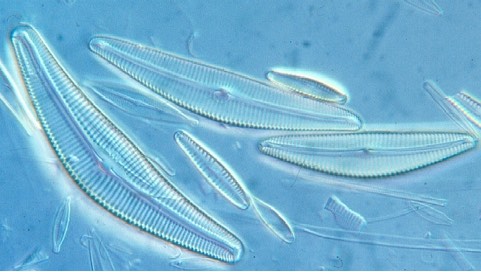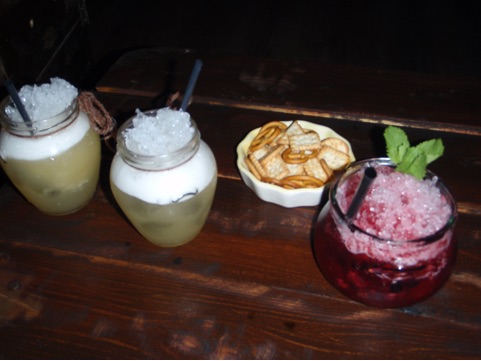In this post, the research group Landscape Ecology offers the possibility to conduct a research project course with the potential for a follow-up Master thesis with them.
1. What does Dracula spray? Pesticide use in Transylvania
Transylvania is not only home to Dracula, but also the region with lowest pesticide use in Europe. In fact, part of the agricultural production is still extensive with minor or no use of pesticides. Nevertheless, highly industrialised agriculture with intensive pesticide use prevails sometimes directly adjacent to the extensive farmlands, enabling a comparison of the environmental impact of both agricultural regimes. This research project course aims at identifying, which pesticides are used for selected crops in intensive agriculture in Transylvania (Rumania). The student will search the literature and internet as well as databases to compile a list of relevant pesticides and assess their toxicity.
This represents a crucial prerequisite for a field study on pesticide effects on aquatic and terrestrial ecosystems in Transylvania that will run in Spring 2016. The research project course student will have the opportunity to join a payed research stay in Rumania, if he/she decides decides to continue with a Master thesis.
Flexible start date, but we search somebody ASAP.

https://commons.wikimedia.org/wiki/File:Bela_lugosi_dracula.jpg#/media/File:Bela_lugosi_dracula.jpg
2. Do herbicides affect phytobenthos communities in the field?
Previous studies on the effects of pesticides in the field largely focused on invertebrates, whereas other organism groups are understudied. In this project, which is conducted in cooperation with the University Duisburg-Essen, we aim at examining the relationship between herbicide toxicity and the composition of the phytobenthos community. The research project course will compile acute toxicity data from toxicity databases and the literature for the chemicals found in the study sites and assess the relative sensitivity of the taxa, where data allows.
This represents a crucial prerequisite for the data analysis that will be conducted within the project. The research project course student will have the opportunity to continue with a Master thesis and conduct parts of the data analyses in close cooperation with colleagues from the University Duisburg-Essen.
Flexible start date, but we search somebody ASAP.
 http://www.lfu.bayern.de/wasser/gewaesserqualitaet_seen/untersuchungsprogramme/pic/148658_gr.jpg
http://www.lfu.bayern.de/wasser/gewaesserqualitaet_seen/untersuchungsprogramme/pic/148658_gr.jpg
3. A cocktail of fungicides in the cocktail?
Limes are treated with several organic fungicides post-harvest for purpose of preservation. Especially the peel may contain high concentrations. However, limes are used in the preparation of several alcoholic cocktails, where ethanol may act as a solvent for the compounds in the peel. This projects aims at determining the concentrations of fungicides in alcoholic cocktails. The project builds on a previous research project course, where students developed a method to extract and measure fungicides in limes. In this project, the students will determine the concentrations of limes from conventional and organic production from different supermarkets. In addition, the students will conduct “field research” and take samples from cocktails in bars, to assess the diffusion of the compounds into the liquid.
Flexible start date
The projects are partially supervised by Phd students of the working group Landscape Ecology. If you are interested, please contact: schaefer-ralf@uni-landau.de

